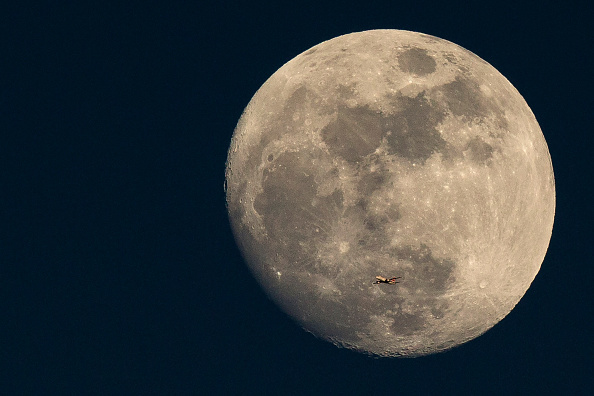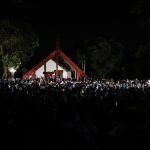Scientists have uncovered the origin of what is often referred to as Earth’s “second moon,” revealing that it is actually a fragment from our Moon.
This celestial body, known as Kamo’oalewa, is a near-Earth asteroid that, despite its nickname, does not orbit Earth but shares a similar orbit around the Sun.
Recent research published in Nature Astronomy suggests that Kamo’oalewa likely originated from a crater on the far side of the Moon, possibly dislodged by an asteroid impact occurring between 1 million to 10 million years ago. The name Kamo’oalewa comes from the Hawaiian language, meaning ‘the oscillating celestial fragment,’ which is quite fitting given its journey through space.
Kamo’oalewa is estimated to be between 40 meters and 100 meters wide, roughly the size of the Statue of Liberty. This discovery was strengthened by observations from the University of Arizona in 2021, which compared the asteroid’s composition to lunar rocks retrieved during the Apollo missions of the 1970s, indicating its lunar origin.
Further mathematical models and simulations pointed to the Giordano Bruno crater as the likely source of Kamo’oalewa. This hypothesis will soon be tested by the upcoming Tianwen-2 mission by China, aimed at visiting the asteroid to collect samples and provide more insights into its origins and composition.














Well deserved Spain Gg
Amazing job Spain!!!!!! Get it girls ustedes son tan buenos!!!!
The defenders need more credit
bang for spain
well done spain! very proud 👍 but i do feel bad for Olga 😔